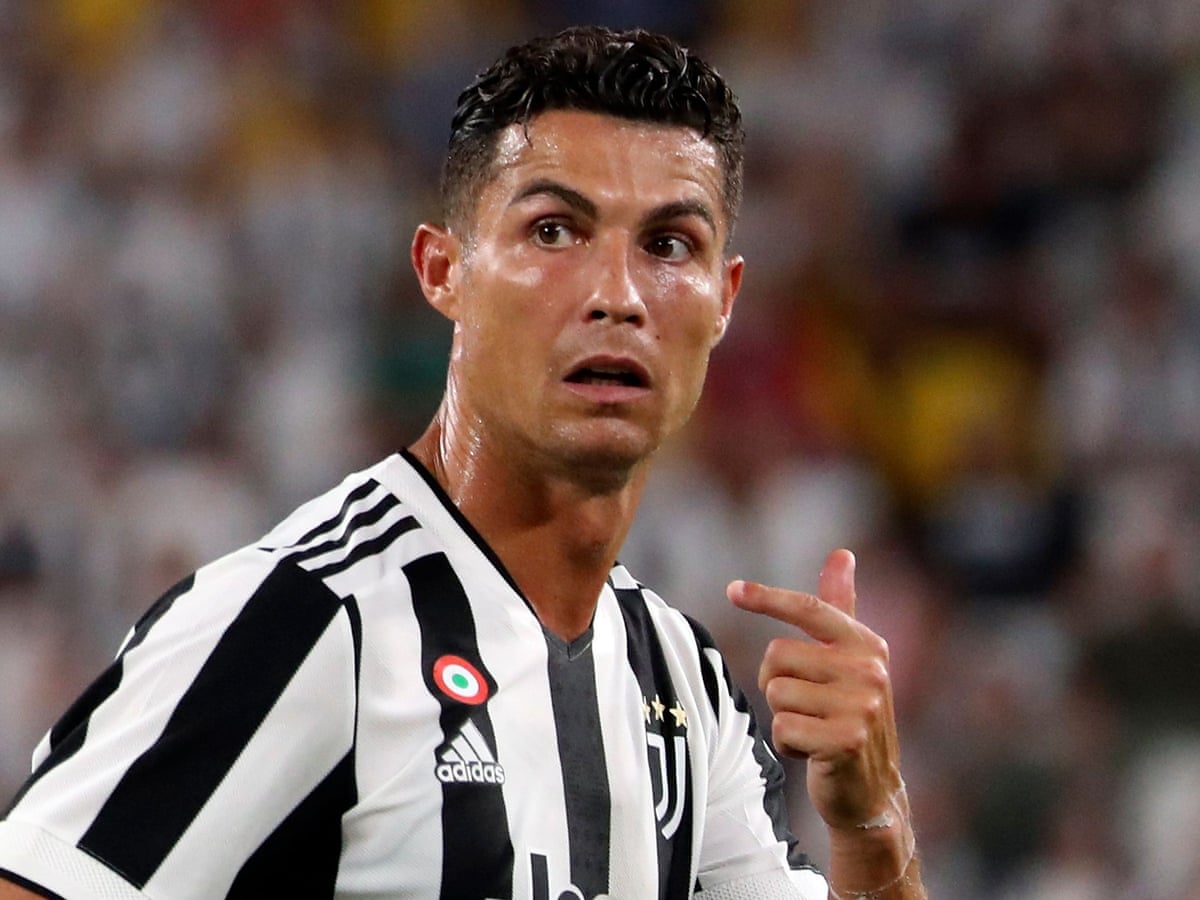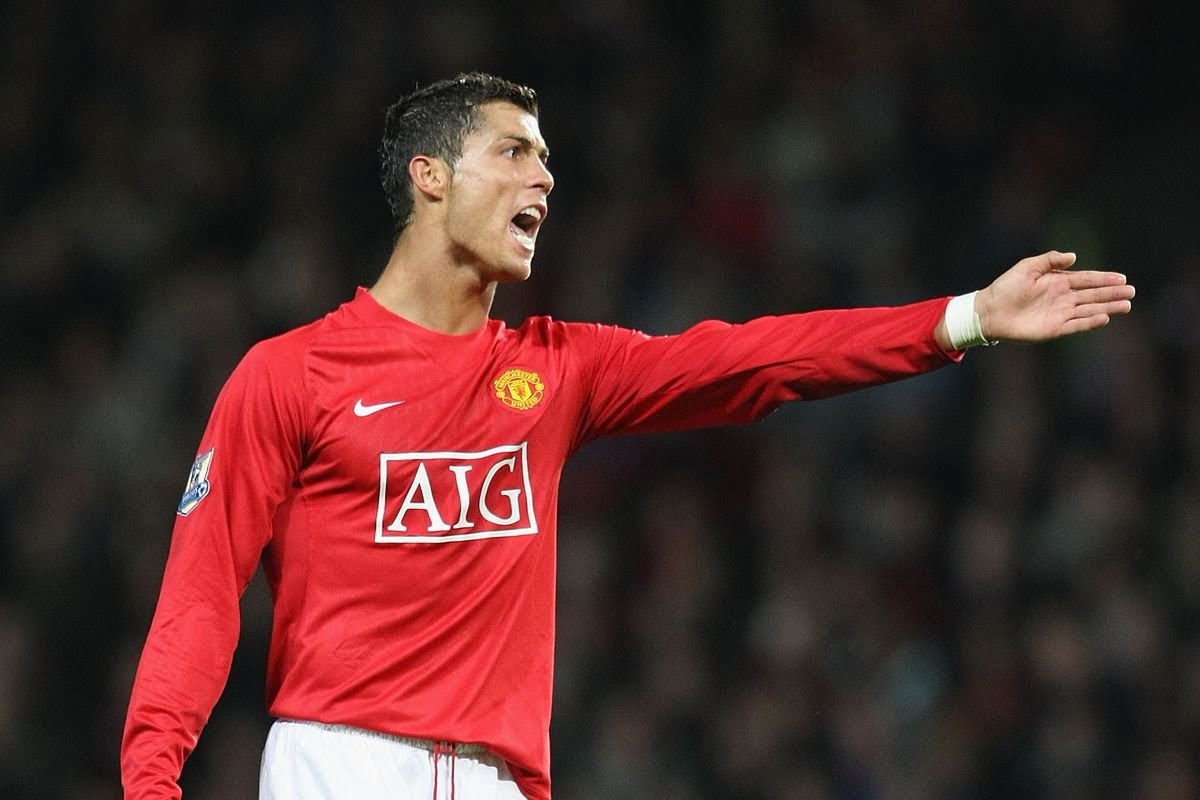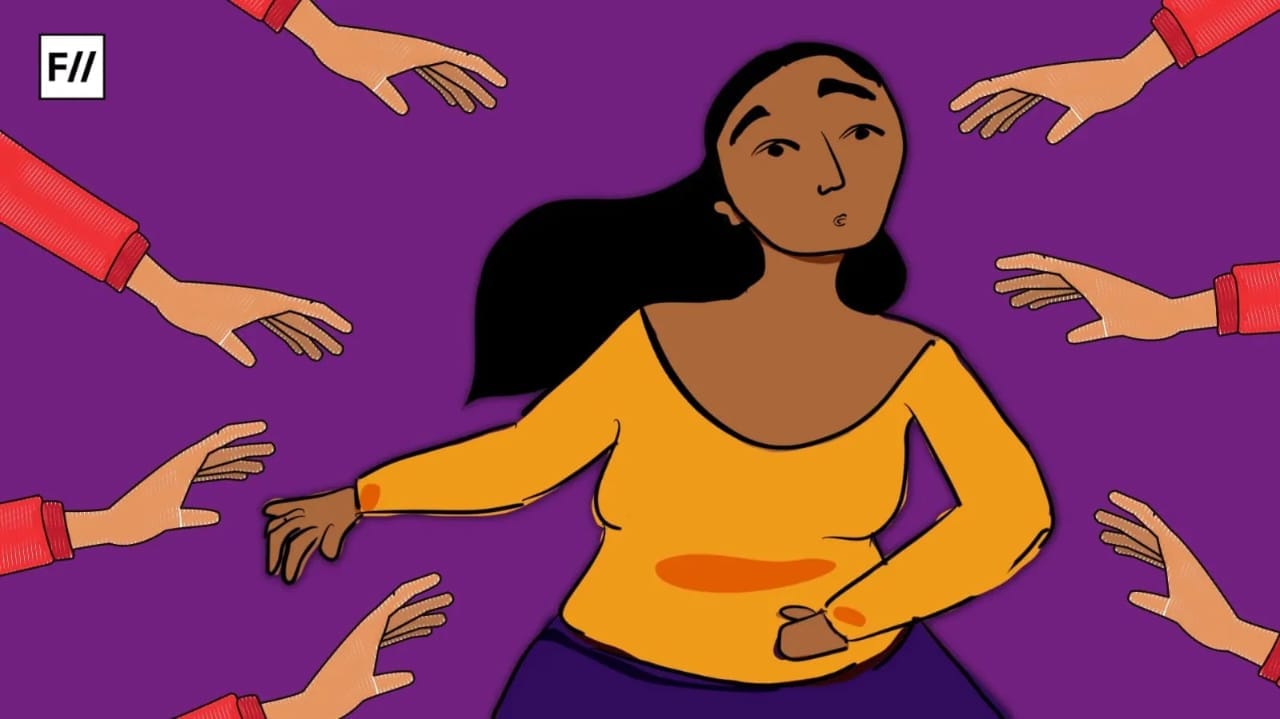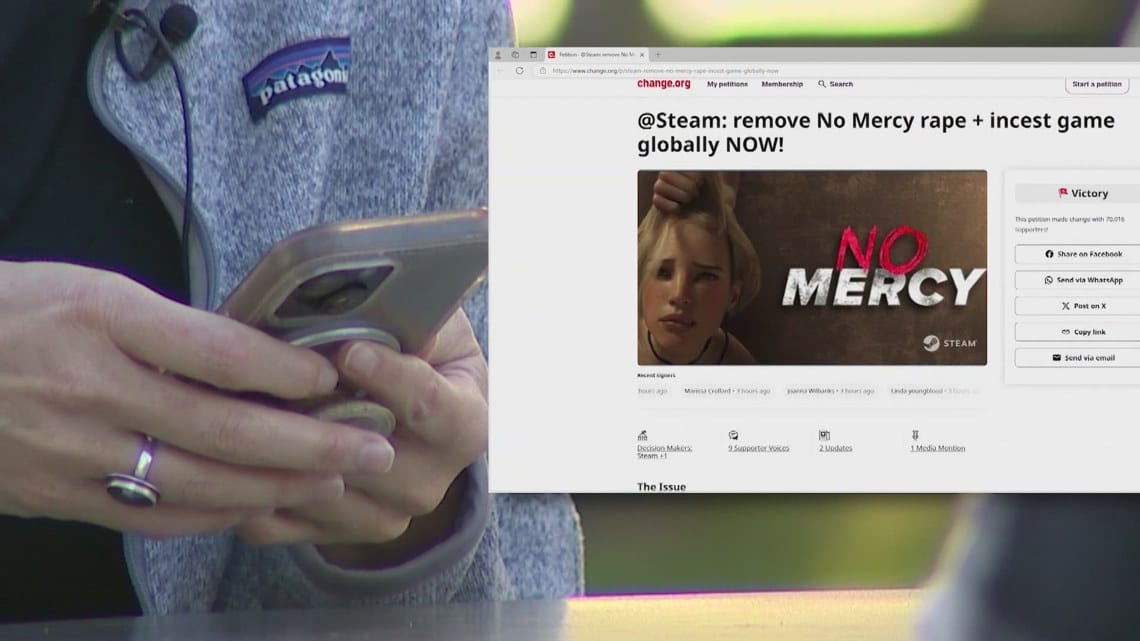Do we separate the art from the artist?
This is a familiar question. After all, digital infrastructures have facilitated popular debates ranging from JK Rowling’s transphobia to Chetan Bhagat’s misogyny. Predicated on popular understanding of political correctness, the emergent cancel culture demands our solidarity.
Sports do not qualify as art in the conventional sense. If anything, the violence that professional sports propagate among players and spectators makes it anti-art. Consider, however, the distinction in our understanding of violence. Both Pablo Neruda and Cristiano Ronaldo are rapists. In academic discussions on postcolonial literatures, students of English studies are typically warned about Neruda’s ‘controversial’ character. Acknowledgement of his violence is almost inevitable in any discourse surrounding his work.
Ronaldo, in contrast, enjoys the admiration of millions of spectators. His popularity shields him from censure. I know tonnes of football enthusiasts who would willingly take on the role of self-appointed lawyers to prove that accusations made against Ronaldo are illegitimate.
Also read: Ronaldo And Male Privilege: Does Idolisation Make You Immune To Everything?
Every time Ronaldo is charged with (yet another) accusation, his fans come to his rescue. The survivor’s trauma gets trivialised as the discussion shifts its attention from Ronaldo’s act/s of violence to the ‘frailties’ of the #MeToo movement. What is it that compels us to give impunity to men of stature such as sportsmen and actors?
Every time Ronaldo is charged with (yet another) accusation, his fans come to his rescue. The survivor’s trauma gets trivialised as the discussion shifts its attention from Ronaldo’s act/s of violence to the ‘frailties’ of the #MeToo movement. What is it that compels us to give impunity to men of stature such as sportsmen and actors?
A pattern gains prominence in ‘you-can’t-ignore-his-side’ discussions: fans — who are, in my experience, chiefly men — victimise Ronaldo and locate the source of his oppression in feminist movements across the globe. Essentially, a successful sportsman with access to tremendous social and economic capital escapes criticism as his admirers find the ‘trend’ of #MeToo culpable. The lawyers don’t secure his social currency; we do.
Fans’ problematic justification of Ronaldo’s history of violence often utilises traits that are characteristic of what Christa Hodapp acknowledges as “men’s rights movement.” Hodapp insists that the goal of men’s rights activism “manifests itself online as trolling, spamming, doxxing, and an overall policy of harassment directed at suspected sources of male oppression. Occasionally these behaviours manifest themselves in the real world as MRM [men’s rights movement] led protests or conferences, but generally speaking group action is limited to the Internet, a supposed safe haven for unpopular opinions and social outsiders.”
Spontaneous online communities formed on account of shared misogyny normalise men’s violence against women and perpetrate systemic oppression. Any attempt to problematise this ‘belongingness’ gets the label of ‘misandry.’ Women’s opposition to men’s aggressive violence similarly gets perceived as a symptom of a gynocentric culture.
The public construction of feminism, and its ability to enable survivors of assault articulate their trauma, as ‘oppressive’ does not only reinforce patriarchal violence, but also legitimise it. It is the survivor who becomes the prime suspect — a potential ‘gold-digger’ whose objective is the exploitation of the #MeToo movement.
But, the #MeToo movement has always positioned itself as a means of enabling redressal of sexual violence through alternative or emergent mechanisms of social justice. The movement could never be assumed to be a permanent solution. Its purpose was to empower survivors of sexual violence with the vocabulary to call out their abusers and encourage constructive developments in legality.
By positing feminism as the root of men’s oppression, men’s rights movement actively promotes the sustenance of patriarchal values and subsequently prevents the creation of a socio-legal network for which #MeToo movement aspires. Consequently, when Ronaldo’s fans locate him as a ‘victim’ of ‘unsubstantiated’ or ‘delayed’ accusations, they deploy the rhetoric that men’s rights movement exploits to dismiss feminism as an intolerant output of gynocentric indoctrination.

A public citation of Ronaldo’s charity is another commonly used measure to defend and reclaim the footballer. His generosity is, however, an outcome of his class privilege. Instead of celebrating his ‘kind’ acts, we need to question and dismantle the capitalist system that functions on an arbitrary financial reward system. His performance of magnanimity and charity contributes toward his publicity.
Many use Ronaldo’s public acts of generosity as proof of the illegitimacy of sexual assault accusations against him. The public establishment of the narrative of male oppression does not constructively contribute to discourses surroundings gender relations in any capacity. Instead, claims of male oppression serve to implicate feminism as an evil danger to men’s prosperity.
The rhetoric of male liberation employed by Ronaldo’s fans compels an important question: why does men’s rights activism depoliticise oppression? Legitimate gender-based violence against men is not quite comparable with systemic promotion of violence against women and non-males in general. This is because men’s violation of women’s rights and bodies has been normalised and reinforced in popular circles since centuries. The urgency with which the men’s rights movement demands action against feminist advocacy is, therefore, questionable.
The source of men’s exploitation is, in fact, patriarchy itself. As a power system, patriarchy affects all gender groups. Although patriarchal values affect the construction of male subjectivity, men, more often than not, do benefit from its system. Men’s rights movement seeks to reinstate the very same patriarchal model of masculinity. Ironically, it is feminism that offers men respite from chauvinistic expectations and gives them the opportunity to exist beyond traditional parameters of masculinity.
Nobody benefits from defending Ronaldo and invalidating the experiences of his survivors. Well, perhaps Ronaldo does. But, social justice movements certainly do not benefit from the ridiculous public reinstatement of patriarchal traditions in the name of ‘reclamation’ of footballers.
Also read: Why Is Football Still So Sexist?
Now, what? Well, there are different recourses, nomenclature-wise, to start with. One workable statement is: ‘Ronaldo might be perceived as a gifted footballer by many, but it is widely acknowledged that he is a rapist.’ Here is a shorter alternative: ‘Ronaldo is a rapist.’
Now, what? Well, there are different recourses, nomenclature-wise, to start with. One workable statement is: ‘Ronaldo might be perceived as a gifted footballer by many, but it is widely acknowledged that he is a rapist.’ Here is a shorter alternative: ‘Ronaldo is a rapist.’
Write it on your arms. Tell your grandfather. Discuss with your friends. But, don’t forget.
Featured image source: Bavarian Football Networks
About the author(s)
Mridula Sharma is a research scholar and a poet. Her research interests include feminist theory, postcolonial writing, issues of marginality, and contemporary advancements in cinema. She is fascinated with Tristram Shandy and Wuthering Heights. She enjoys reading, writing, painting, and thinking.




